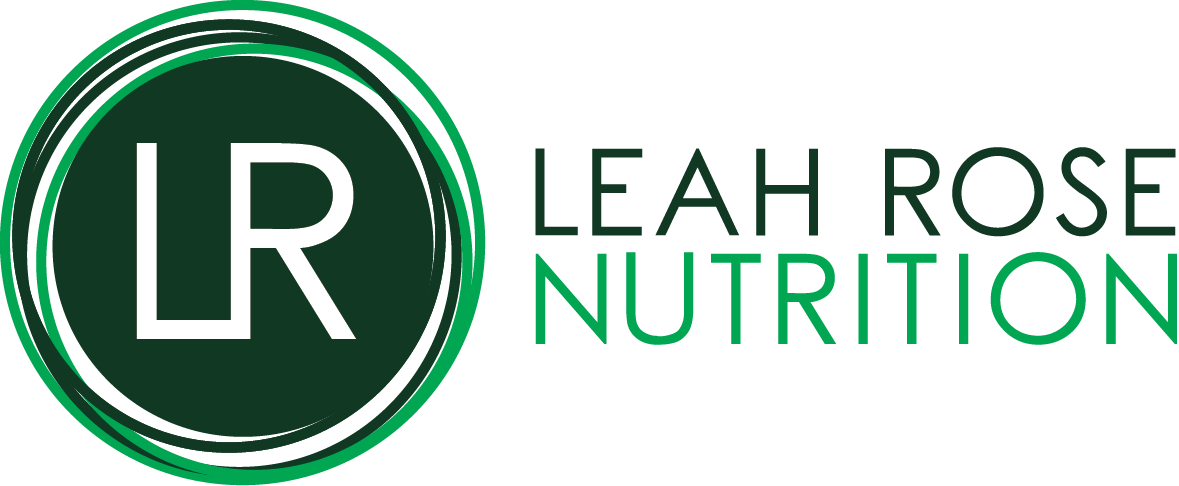Menopause and Diet: What if You Can’t Take HRT?
Nutrition and exercise are two key things that can support health, how you look, and how you feel. They go together hand-in-hand and are important considerations for women at all stages of life, including perimenopause and after menopause.
Oestrogen plays an important role in bone health, heart and cardiovascular health, metabolic health, brain health, and mental health. Declining levels are associated with greater risk of these things, as we age. Our genetics, overall health, and lifestyle all play a part, too.
Whilst HRT is the gold-standard go-to for addressing declining hormone levels during perimenopause and after menopause, not everyone can / wants to / chooses to take it.
If this applies to you, what can you do to make sure your diet is supporting your health for the long term? And is there anything extra that you need to be doing?
In reality, there is actually little difference between how your diet ‘should’ look if you take HRT and how it ‘should’ look if you don’t. This is because the same principles of nutrition apply in both cases and so the same dietary interventions, when it comes to making nutritional improvements, can be made whether or not you take HRT (extreme weight loss strategies are an exception as these may not be suitable for menopausal women who don’t take HRT ).
There is no substitute to HRT that nutrition can offer (despite the claims you may read and hear about to the contrary) and there are no ‘silver bullets’, or magic supplements.
However, what good dietary quality can do, is help to mitigate the risks above that are associated with a long-term decline in hormone levels, particularly when combined with other lifestyle factors such as exercise, sleep, and a reduction in alcohol. And, if you can’t / don’t want to take HRT, knowing you have nutrition covered also gives peace of mind and can help reduce anxiety which so often stems from an uncertainty around diet and food.
So what do we need from our diet?
👉🏻An energy intake that supports our mental and physical activities and a healthy body weight for metabolic, cardiovascular, bone and muscle health.
👉🏻Calcium and vitamin D for bone health.
👉🏻Omega 3 fatty acids for heart, brain, and general health
👉🏻Protein for muscle health, immunity, hair, skin and nails.
👉🏻MUFAs and PUFAs for overall health and immunity.
👉🏻Fibre variety for gut health, immunity, and general health.
👉🏻A range of vitamins and minerals for overall health, immunity, and wellbeing.
And what foods can give us those things?
❤️Lean meat and fish, and oily fish
❤️Milk and yoghurt
❤️Eggs
❤️Fruits and vegetables
❤️Grains, beans, peas, lentils
❤️Olive oil, olives, seed oils
❤️Nuts and seeds
Any extra tips or advice?
Very importantly you also need a very big helping of flexibility to incorporate the foods you love, and to make space in your life for friends, family, social events and work.
Reducing the amount of processed foods in your diet can help regulate consumption of things like energy, salt, sugar, and saturated fats.
And incorporating more nutrient-dense foods, which tend to be more (but not exclusively) unprocessed foods, can help increase your consumption of protein, vitamins and minerals, healthy fats, and fibre.
So, in conclusion, the role of nutrition in menopause is a fundamentally important one and is particularly effective when combined with exercise and other lifestyle factors. The fundamental principles remain the same irrespective of whether or not you take HRT, but in the absence of HRT the role of nutrition may take greater significance for you you, as a factor that you can influence to help support your long-term health and well-being.
